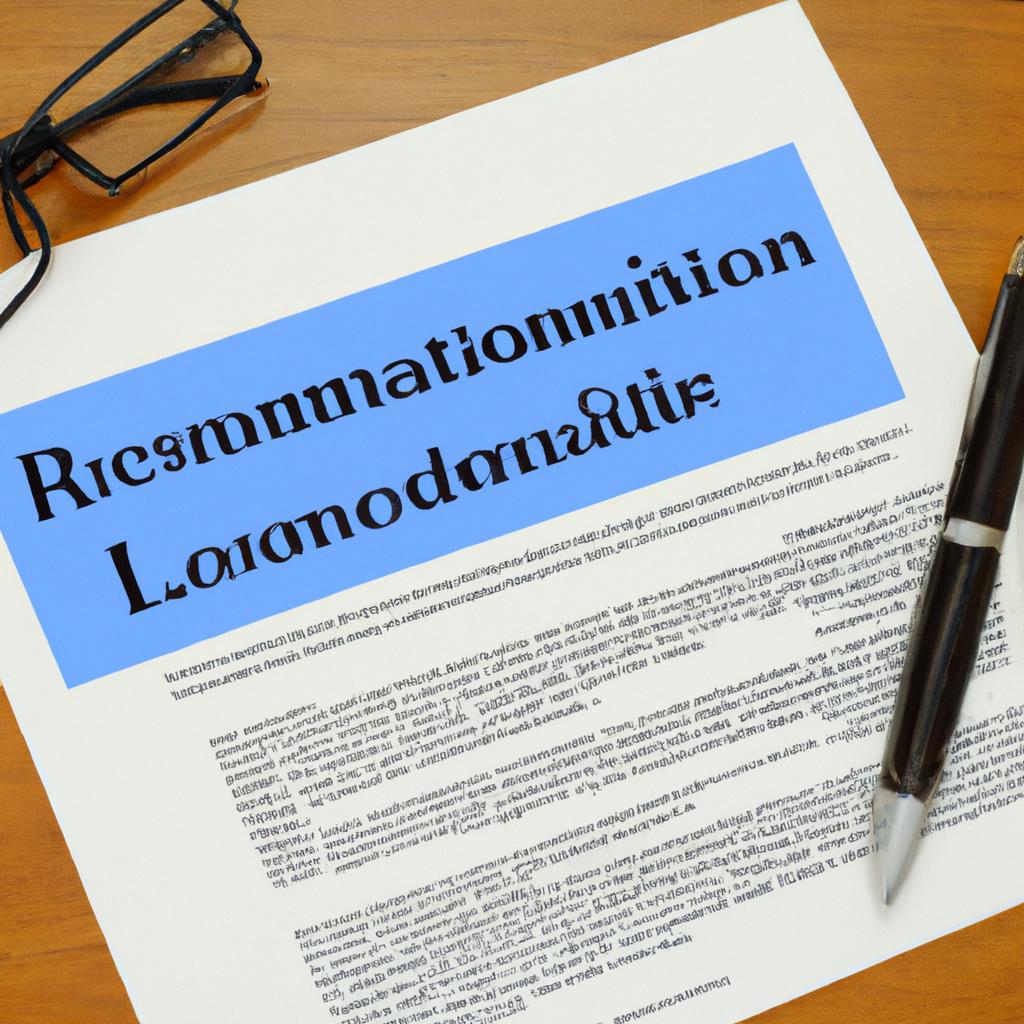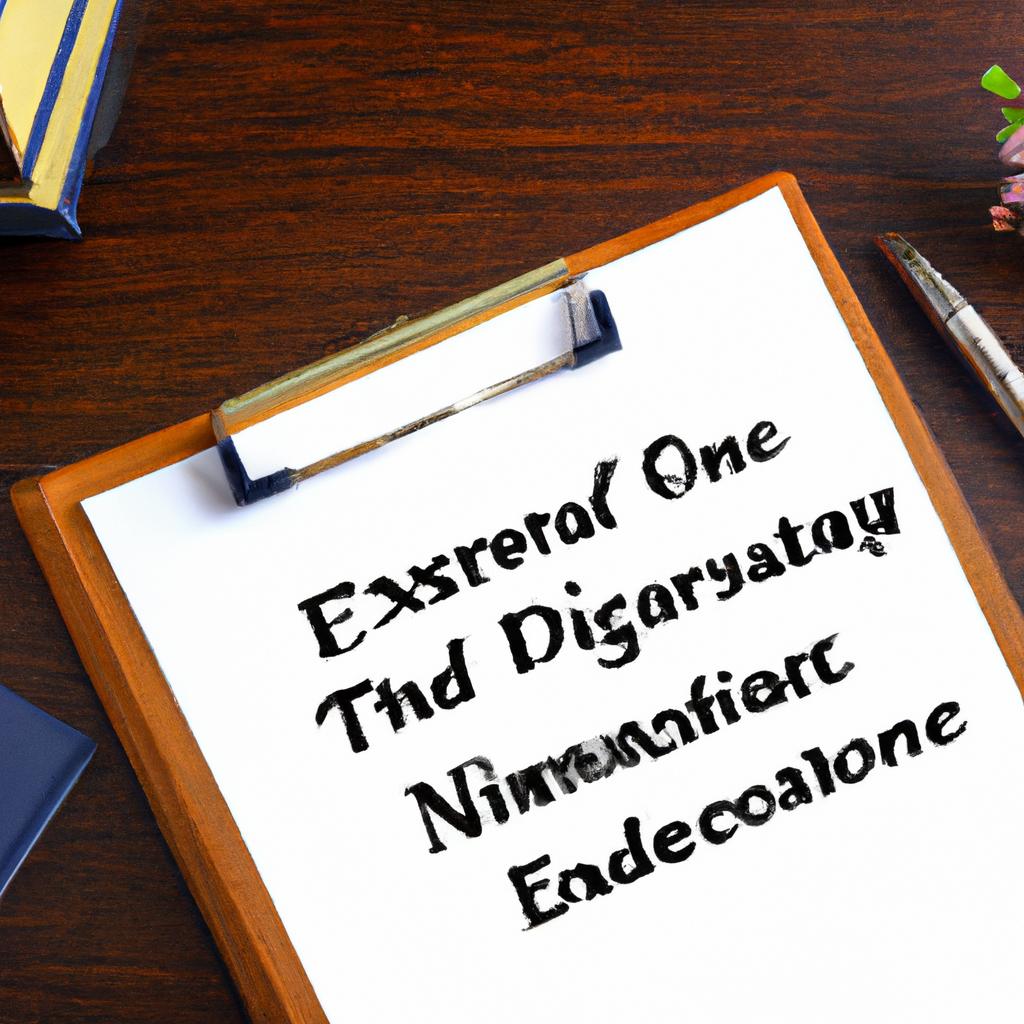In the realm of estate planning, the importance of clearly outlining one’s wishes for medical care in the event of incapacity cannot be overstated. As skilled practitioners in the fields of elder law and estate planning, we at Morgan Legal Group are well-versed in the intricacies of legal documents such as living wills and Do Not Resuscitate (DNR) orders. In this article, we will delve into the distinctions between these two critical documents, shedding light on the question: Is a DNR a living will? Let us navigate the complex terrain of end-of-life decision-making together, providing clarity and guidance to ensure your wishes are honored.
Key Differences Between a DNR and a Living Will
When considering end-of-life care, it is important to understand the key differences between a Do Not Resuscitate (DNR) order and a Living Will. A DNR order instructs medical professionals not to perform CPR or other life-saving measures in the event of cardiac or respiratory arrest. On the other hand, a Living Will is a legal document that outlines your wishes for medical treatment if you become unable to make decisions for yourself.
One key difference between a DNR and a Living Will is that a DNR specifically addresses resuscitation efforts, while a Living Will covers a broader range of medical treatments and interventions. Additionally, a DNR order must be signed by a physician, whereas a Living Will can be drafted and signed by the individual themselves. It is important to discuss both options with your healthcare provider and legal counsel to ensure that your end-of-life wishes are clearly documented and honored.

Understanding the Legal Implications of a DNR
When it comes to a DNR (Do Not Resuscitate) order, many people often confuse it with a living will. While both documents deal with end-of-life decisions, they serve different purposes and have different legal implications.
<p>A DNR order specifically instructs medical personnel not to perform CPR or other life-saving measures in the event of cardiac or respiratory arrest. On the other hand, a living will is a legal document that outlines a person's wishes regarding medical treatment in the event they are unable to communicate their desires. It typically covers a broader range of medical interventions beyond just resuscitation.</p>
Recommendations for Drafting a Comprehensive Living Will
When it comes to drafting a comprehensive living will, there are several key recommendations to keep in mind to ensure your wishes are clearly documented and legally binding. First and foremost, it is important to consult with an experienced attorney who specializes in estate planning to guide you through the process and ensure all necessary elements are included in your living will. Additionally, consider the following recommendations:
Consider all potential medical scenarios:
- Include detailed instructions for various medical situations, such as end-of-life care, life-sustaining treatments, organ donation preferences, and pain management options.
Appoint a trusted healthcare proxy:
- Designate a trusted individual to make medical decisions on your behalf if you are unable to do so. Clearly outline their authority and responsibilities in your living will to avoid any confusion or disputes.
| Always consult with an attorney |
| Consider all potential medical scenarios |
| Appoint a trusted healthcare proxy |

Navigating the Complexities of End-of-Life Care Directives
When discussing end-of-life care directives, one common question that often arises is whether a “do not resuscitate” (DNR) order is the same as a living will. While both documents are important parts of an individual’s advance care planning, they serve different purposes and should be approached with careful consideration.
Living Will: A living will is a legal document that outlines a person’s preferences for medical treatment in the event they are unable to communicate their wishes. This document typically addresses specific treatments, such as life support or artificial nutrition, and provides guidance to healthcare providers and loved ones on how to proceed.
Q&A
Q: What is a DNR?
A: A DNR, or Do Not Resuscitate order, is a medical directive that instructs healthcare providers not to perform CPR or other life-saving measures in the event of cardiac or respiratory arrest.
Q: Is a DNR the same as a living will?
A: While both a DNR and a living will are advanced directives that outline a person’s healthcare preferences, they serve different purposes. A DNR specifically addresses resuscitation efforts, whereas a living will covers a broader range of medical interventions and treatment preferences.
Q: Can a DNR be included in a living will?
A: Yes, a person can include a DNR directive within their living will to ensure that their wishes regarding resuscitation efforts are clearly outlined.
Q: Who should have a DNR and/or a living will?
A: It is recommended that all adults have a living will in place to communicate their healthcare preferences in case of incapacity. A DNR is typically recommended for individuals with terminal illnesses or chronic medical conditions who do not wish to have CPR performed in the event of a medical emergency.
Q: How can a person ensure that their DNR and living will are honored?
A: It is important for individuals to discuss their healthcare preferences with their healthcare providers, family members, and designated decision-makers. Having a properly executed and updated DNR and living will on file with healthcare institutions is also crucial to ensuring that their wishes are honored.
Wrapping Up
In conclusion, while a Do Not Resuscitate (DNR) order and a living will may seem similar in concept, they serve different purposes when it comes to making end-of-life medical decisions. Understanding the distinctions between the two documents can help individuals ensure that their wishes are clearly communicated and respected. Ultimately, the choice between a DNR and a living will is a personal one that should be made with careful consideration and guidance from medical professionals and legal experts. Thank you for taking the time to explore this important topic.
 Is a DNR (Do Not Resuscitate) a Living Will? Understanding Advance Directives
Is a DNR (Do Not Resuscitate) a Living Will? Understanding Advance Directives
In the event of a medical emergency, it is important to have a plan in place for end-of-life care. This can ease the burden on loved ones and ensure that an individual’s wishes are carried out. Advance directives, including a DNR and a living will, are legal documents that allow individuals to make decisions about their medical care before they are unable to do so. However, there is often confusion surrounding these documents and whether they serve the same purpose. In this article, we will delve into the differences between a DNR and a living will and the importance of having both in place.
What is a DNR?
A Do Not Resuscitate (DNR) order is a medical directive that instructs healthcare professionals not to perform cardiopulmonary resuscitation (CPR) in the event of a cardiac or respiratory arrest. It signifies that the individual does not want aggressive measures to be taken to revive them if their heart or breathing stops. A DNR is typically requested by individuals who have a terminal illness or those who have a low chance of survival and do not want to be resuscitated if their condition deteriorates.
What is a Living Will?
A living will is a legal document that outlines an individual’s wishes for medical care in the event they are unable to communicate their wishes themselves. It specifies what type of medical treatment an individual wants or does not want in certain situations, such as life support, tube feeding, or pain management. Unlike a DNR, a living will can address a wide range of medical decisions beyond resuscitation.
Understanding the Difference
While both a DNR and a living will pertain to medical care, they serve different purposes. A DNR focuses specifically on resuscitation, while a living will addresses overall medical treatment. A DNR may be part of a living will, but a living will is not necessarily part of a DNR.
Benefits of Having a DNR and Living Will
Having a DNR and a living will in place can provide numerous benefits for individuals and their loved ones. Some of these include:
1. Ensuring Personal Wishes are Honored
A DNR and a living will allow individuals to specify their wishes for end-of-life care. This can provide peace of mind that their preferences will be honored, even if they are unable to communicate.
2. Reduced Stress on Loved Ones
In situations of medical emergencies, decisions may need to be made quickly. By having a DNR and a living will in place, the burden of making these decisions is taken off of loved ones.
3. Avoiding Unnecessary Medical Procedures
If an individual has specific medical treatments they do not want, a living will can outline these wishes. This can help avoid unnecessary medical procedures and interventions that may not align with an individual’s values or beliefs.
4. Legal Protection
Having a DNR and a living will in place provides legal protection and ensures that healthcare professionals follow an individual’s wishes. It can also prevent potential conflicts among family members who may have different beliefs about end-of-life care.
Tips for Creating a DNR and Living Will
Creating a DNR and a living will may seem overwhelming, but it is a crucial step in making sure an individual’s wishes are carried out. Here are some tips to keep in mind:
1. Consult with a Legal Professional
While it is possible to create a DNR and a living will without legal assistance, it is recommended to consult with a lawyer. They can ensure the documents are properly executed and valid in your state.
2. Discuss with Loved Ones
Before creating a DNR and a living will, it is important to discuss your wishes with loved ones. This can avoid any potential confusion or conflicts in the future.
3. Keep the Documents Updated
It is important to regularly review and update both the DNR and living will as personal circumstances and preferences may change over time.
Real-Life Example
A real-life example of the importance of having a DNR and a living will in place is the case of Terri Schiavo. In 1990, Schiavo suffered a cardiac arrest, leaving her in a vegetative state. Years of legal battles between her husband and parents ensued before Schiavo’s feeding tube was removed in 2005, as she did not have a living will in place. This case serves as a reminder of the need to have legal directives in place to avoid such disputes.
In conclusion, a DNR and a living will are both important legal documents that address an individual’s medical preferences in the event they are unable to communicate. While a DNR focuses specifically on resuscitation, a living will is more comprehensive and covers all medical decisions. It is important to have both documents in place to ensure an individual’s wishes are honored and to avoid any unnecessary medical interventions. Consulting with a legal professional and discussing preferences with loved ones can make the process of creating these documents less daunting. Don’t wait until it’s too late, take the necessary steps to protect your wishes and your loved ones’ peace of mind.






